
views
Kathmandu: Still portrayed as buffoons, aliens and despicable people by their own silver screen story-tellers, Nepal's burgeoning gay community is now hoping Bollywood's path-breaking films like I Am and My Brother Nikhil will give Nepali filmmakers the right perspective one day.
Bollywood film director Anirban Dhar, whose I Am, starring Nepal's Manisha Koirala and Bollywood's Rahul Bose, Juhi Chawla, Nandita Das and Sanjay Suri, released in India last month, is arriving in Kathmandu for a special screening of the film on Sunday after Nepal's film distributors refused to touch his offbeat venture, fearing it would bomb at the box office.
Nepal's pioneering gay rights organisation, the Blue Diamond Society (BDS), is the host of the special show as part of celebrations to mark its 10th birth anniversary.
"I read the reviews of I Am and I think it's a fantastic film," says Sunil Pant, BDS founder and Nepal's only openly gay MP.
"Though it was released in India, Nepal's film distributors would not touch it since it focuses on taboo subjects and is not the usual commercial film. We decided to show it in Kathmandu as we think it will be a fantastic opportunity to sensitise people to issues about the sexual minorities, child abuse, displacement and women's rights."
I Am interweaves four different tales about a single woman who becomes a surrogate mother, displacement and the sufferings of both Hindus and Muslims in India's Jammu and Kashmir state, and the plight of a man who was abused as a child and a homosexual living under the shadow of Section 377, the clause in the Indian Penal Code that treated sodomy as a punishable offense till 2009.
Nepal suffered all these woes with a 10-year communist insurgency triggering the displacement of millions of people, women suffering repression for centuries under a patriarchal society, and child abuse being rampant.
The silver lining was the start of the gay rights movement in 2001 that eventually saw the country's Supreme Court give it a huge boost by ordering the government to legalise same sex marriages, the first Asian state to do so, and safeguard the same rights for the sexual minorities as enjoyed by other citizens.
Now Nepal's political parties are pledging measures for the community, employers offering them jobs and the Election Commission as well as census authorities agreeing to recognise transgenders as "Third Genders" instead of the earlier male or female categories.
However, while society has been changing, the Nepali film industry remains moored in the conservative past.
"Nepali films are copies of the Indian films of the 1950s and 60s," says Pant. "They still treat sexual minorities as hijras and cheap comic characters. Films like I Am and My Brother Nikhil treat gays as real and serious people. We hope they will help to provide a different perspective to Nepali filmmakers."
Last month, gay rights activists in Nepal and elsewhere were heartened by Indian activist and Booker Prize-winning author Arundhati Roy identifying with the sense of exclusion and repression suffered by various communities, like gays and the differently abled, at a conference in Kathmandu.
Kathmandu also witnessed a special screening of the pathbreaking Indian film "Ar ekti premer golpo - Just another love story" - by Indian director Kaushik Ganguly with its interwoven gay theme and cast including gay Indian director and actor Rituparno Ghosh.










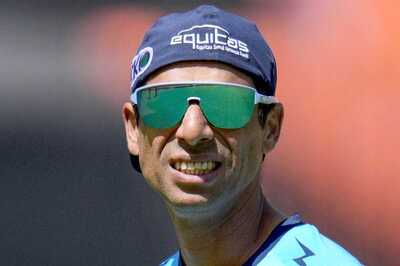


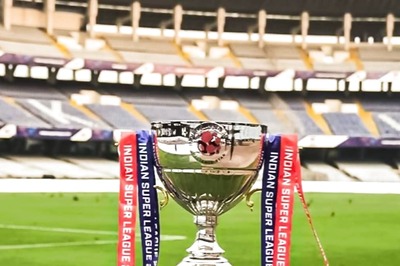
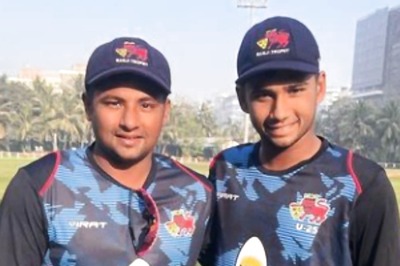
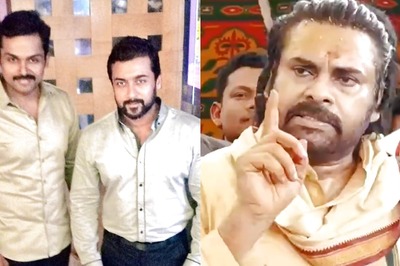
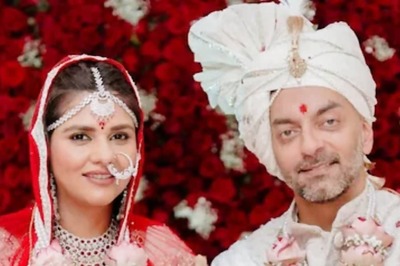
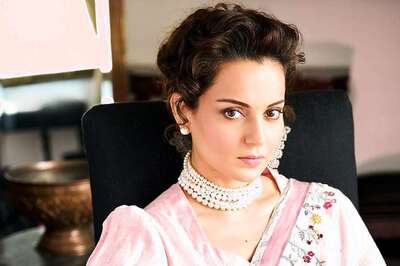
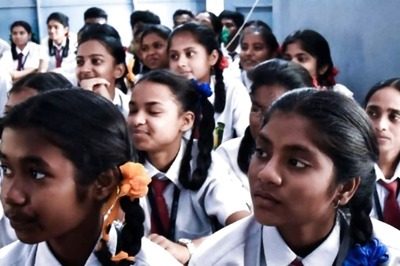
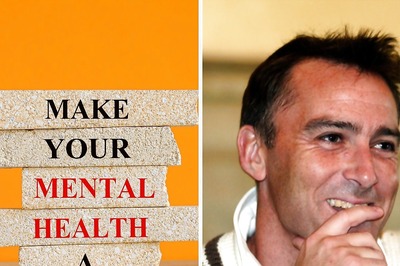
Comments
0 comment